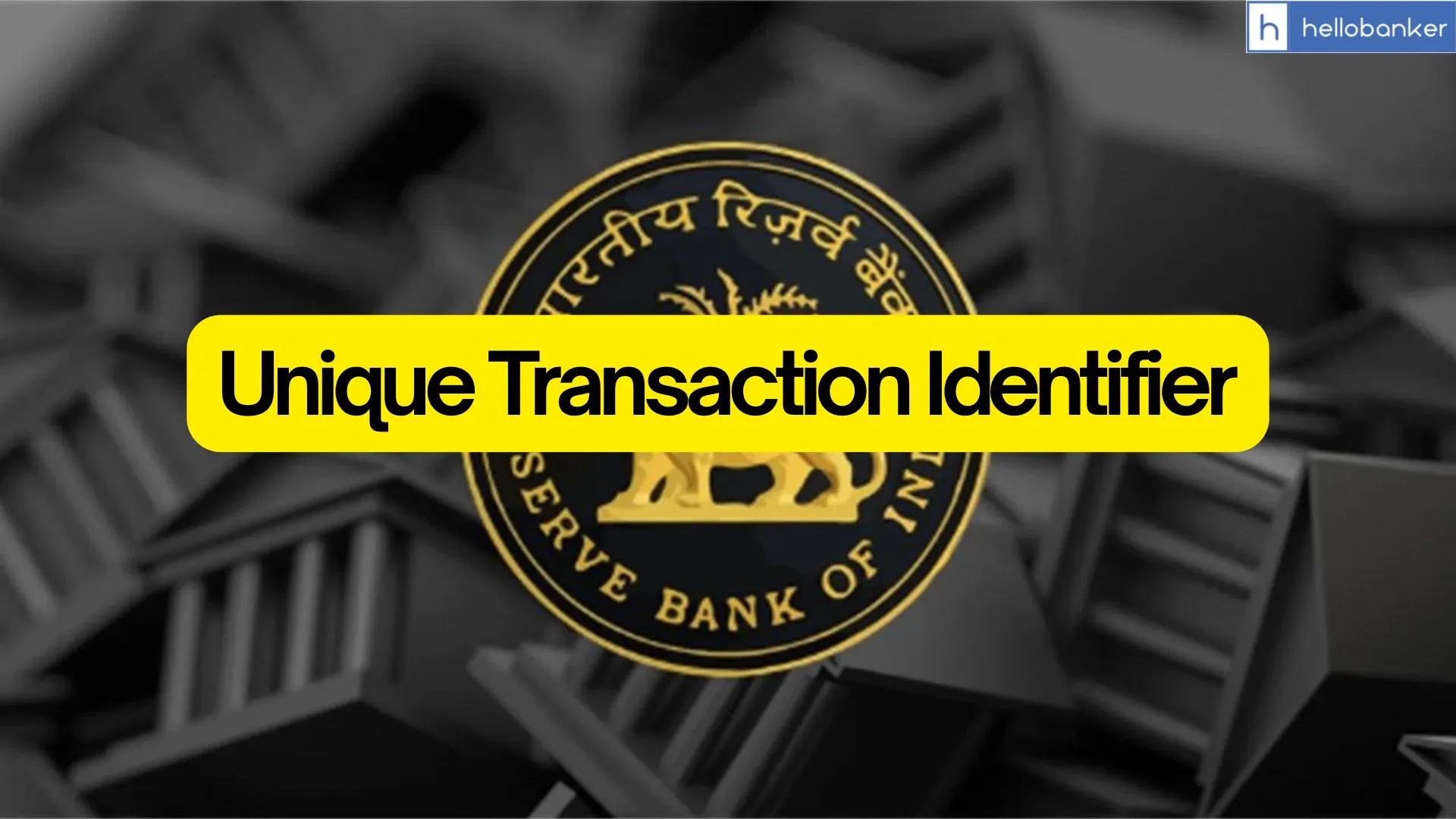RBI releases Draft circular on Unique Transaction Identifier for OTC Derivative Transactions in India

The Reserve Bank of India has released Draft circular on Unique Transaction Identifier for OTC Derivative Transactions in India. RBI has invited Comments on the draft Circular from banks, market participants and other interested parties by November 14, 2025. You can submit Feedback on the draft Circular to:
The Chief General Manager
Reserve Bank of India
Financial Markets Regulation Department
9th Floor, Central Office Building
Shahid Bhagat Singh Marg, Fort
Mumbai – 400 001
Or by email with subject line “Feedback on Draft Circular on Unique Transaction Identifier for OTC Derivative Transactions in India”.
What is UTI?
First understand what is OTC: OTC stands for “Over-The-Counter.” So, an OTC derivative is a financial contract (a derivative) that is traded directly between two parties — outside of a formal exchange like NSE or BSE. Example: Bank A and Company B agree on an interest rate swap — Bank A will pay a fixed rate, and Company B will pay a floating rate based on MCLR. They negotiate the terms privately — no exchange, no public listing. That’s an OTC derivative transaction.
Unique Transaction Identifier (UTI) is one of the key data elements identified globally for reporting of OTC derivative transactions, along with the Legal Entity Identifier (LEI). While the LEI uniquely identifies the counterparties to an OTC derivative transaction, the UTI serves as a single unique reference number for a transaction. It enables policy makers to obtain a comprehensive view of OTC derivatives markets by facilitating global aggregation of transactions. The reporting of LEI has been mandated for OTC derivative transactions in most major jurisdictions globally. UTI has also been implemented / is in the process of being implemented in many of the major jurisdictions. In India, LEI has already been implemented. It is now proposed to mandate UTI for all OTC derivative transactions.
It has been decided to implement UTI for all transactions in OTC markets for Rupee interest rate derivatives, forward contracts in Government securities, foreign currency derivatives, foreign currency interest rate derivatives, and credit derivatives in India.
UTI shall be mandatorily generated / reported for all transactions in OTC derivatives market undertaken in terms of the Governing Directions.
UTI for transactions in OTC derivatives shall be generated in accordance with the UTI Technical Guidance issued by Committee on Payments and Market Infrastructures (CPMI) – International Organisation of Securities Commissions (IOSCO) in February 2017. UTI shall have a maximum of 52 characters consisting of the Legal Entity Identifier (LEI) of the generating entity followed by a unique identifier and shall be unique to a derivative transaction throughout its lifecycle.
